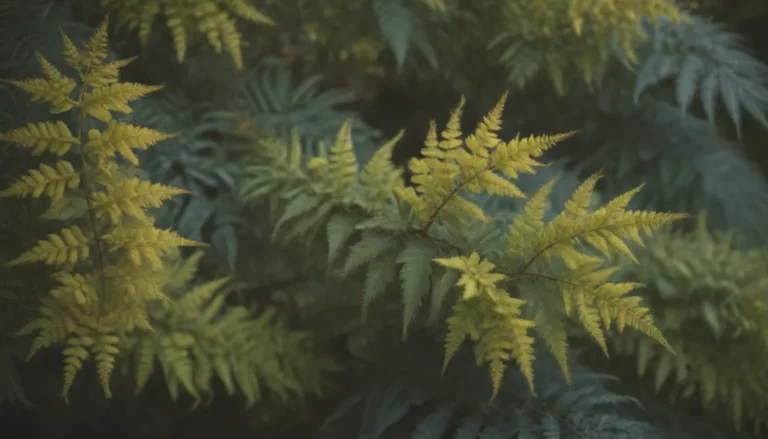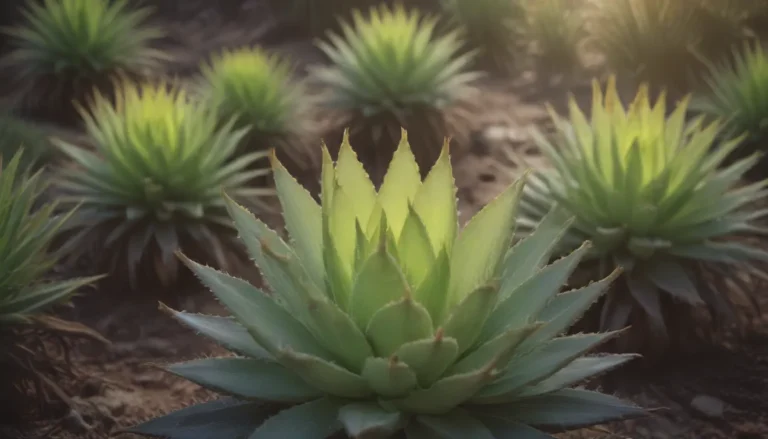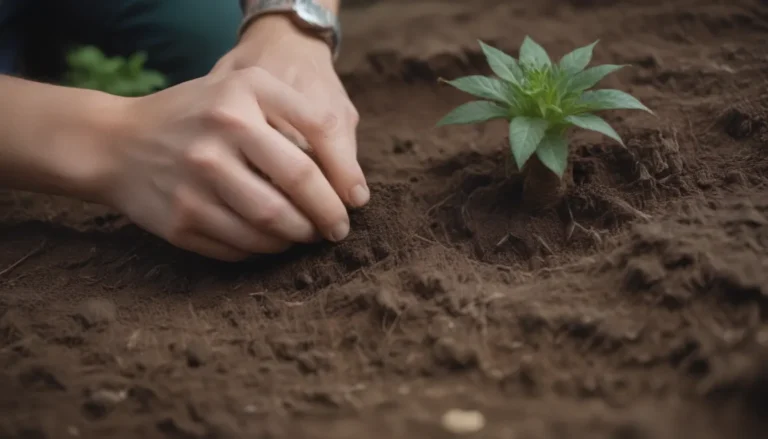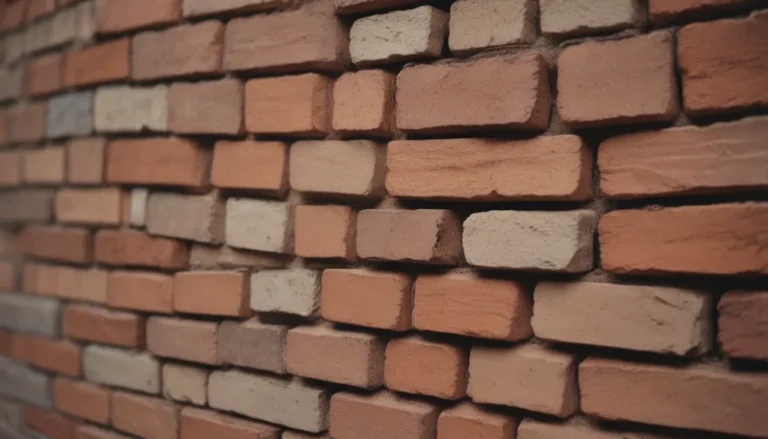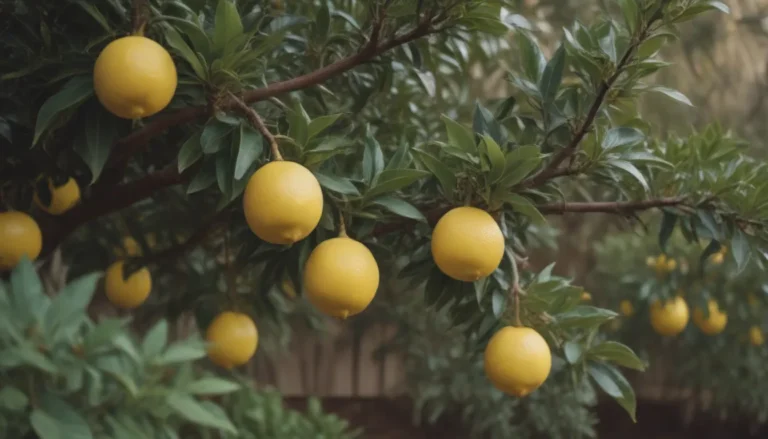Comprehensive Guide on Growing and Caring for Bergenia Plants

Are you looking to add a touch of beauty and elegance to your garden? Look no further than the stunning perennial bergenia plant! Despite its rather unflattering nickname “pig squeak,” named for the sound its leaves make when rubbed together, bergenia plants have enchanted gardeners for years with their large, glossy leaves and lovely springtime flowers.
In this comprehensive guide, we will take you through everything you need to know about growing and caring for bergenia plants. From planting and maintenance tips to dealing with pests and diseases, we’ve got you covered. So, grab your gardening gloves and let’s dive in!
Why Choose Bergenia Plants?
Bergenia plants are an excellent choice for any garden for several reasons:
- Attractive Foliage: Bergenia foliage is mostly evergreen in milder climates, exhibiting a rich bronze color in the fall and winter.
- Beautiful Flowers: In April, bergenia plants produce pert flowers in shades of pink, white, or red, adding a pop of color to your garden.
- Low Maintenance: Bergenia plants are relatively low-maintenance and can thrive in a variety of soil conditions.
So, if you’re looking for a plant that is both beautiful and easy to care for, bergenia is the perfect choice.
Bergenia Care Tips
Taking care of your bergenia plants doesn’t have to be complicated. Follow these simple tips to ensure your plants thrive:
Light
- Bergenia plants thrive in partial shade but can also tolerate heavy shade.
- The more sun the plants receive, the more moisture they will need to stay healthy.
Soil
- Bergenia plants grow well in rich, loamy soil but can also tolerate clay soil.
- Enrich clay soil over time with a top dressing of compost to improve drainage.
Water
- Bergenia plants like consistent moisture, so be sure to water them regularly.
- Maintain a moist root zone by spreading a layer of mulch around the plants.
Temperature and Humidity
- Bergenia plants can grow well in hot or cool summers if they have enough shade and moisture.
- They also thrive in humid areas but may suffer more winter damage in colder climates.
Fertilizer
- Bergenia plants are light feeders and do not need supplemental fertilizer.
- Growing them in loamy soil amended with organic matter provides all the nutrients they need.
Types of Bergenia Plants
Bergenia comes in various cultivars, each with its unique characteristics. Some popular varieties include:
- B. Cordifolia ‘Winter Glow’
- B. cordifolia ‘Bressingham White’
- B. cordifolia ‘Angel Kiss’
- B. cordifolia ‘Ballawley’
- B. cordifolia ‘Solar Flare’
Propagating Bergenia Plants
Making new bergenia plants is as simple as dividing them. Divide plants in the fall to avoid disrupting the blooming cycle. You can also grow bergenia from seeds by planting them in sterile potting soil and keeping them warm and moist until they germinate.
Pruning and Overwintering
Bergenia plants require minimal pruning, mainly removing spent flower stalks to keep them tidy. During winter, protect your plants by dressing them with compost and covering them with straw or chopped leaves to shield them from freezing temperatures.
Common Pests and Diseases
While bergenia plants are relatively resistant to pests and diseases, they can still be affected by slug and snail damage, black vine weevils, fungal leaf spot, and crown rot. Keep an eye out for any signs of pests or diseases and treat them promptly to prevent further damage.
How to Get Bergenia Plants to Bloom
To ensure your bergenia plants bloom beautifully, plant them in a partial to full shade location in moist, rich soil. Deadhead the spent flowers to stimulate new growth and more blooms. Plant them at the right depth, spacing them adequately, and watch as pollinators flock to their gorgeous flowers.
Incorporate Bergenia into Your Garden
Whether you’re a seasoned gardener looking to add a new plant to your collection or a beginner seeking an easy-to-care-for perennial, bergenia plants are an excellent choice. With their attractive foliage, beautiful flowers, and low maintenance requirements, they are sure to add a touch of charm to your garden.
So, roll up your sleeves, grab your gardening tools, and get ready to transform your outdoor space with the enchanting beauty of bergenia plants. Happy gardening!

